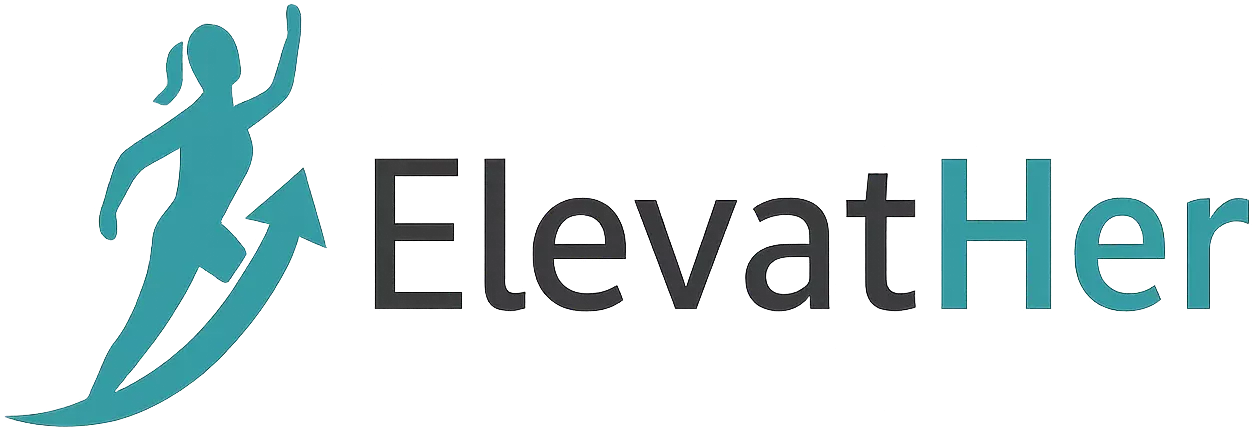In the ever-evolving world of software development, one skill consistently stands out as a game-changer for developers across the board—Linux. Whether you’re a backend engineer, DevOps specialist, data scientist, or mobile developer, learning Linux can dramatically improve your productivity, deepen your technical expertise, and expand your career opportunities.
In this blog, we’ll explore why every developer should learn Linux, breaking down the benefits, use cases, tools, and strategies for mastering this essential operating system.
What Is Linux?
Linux is a free and open-source operating system kernel that powers millions of devices—from web servers and smartphones to desktops and IoT gadgets. Distributions (or “distros”) like Ubuntu, Fedora, Debian, and CentOS build upon the Linux kernel to offer complete operating systems.
It’s the backbone of the internet. In fact, over 90% of servers running today use Linux, making it a must-know for modern developers.
Top Reasons Developers Should Learn Linux
1. Dominance in Development Environments
Many development tools, frameworks, and programming languages are optimized for or native to Unix-like systems (Linux/macOS). This includes:
- Git
- Python, Ruby, Go, Node.js
- Docker & Kubernetes
- CI/CD pipelines
- Bash and shell scripting
Linux allows seamless integration and often better performance with these tools than Windows.
2. Foundation for DevOps and Cloud Computing
If you’re interested in DevOps, Site Reliability Engineering (SRE), or Cloud Engineering, Linux is non-negotiable.
- Cloud platforms like AWS, GCP, and Azure predominantly use Linux VMs.
- Containers and orchestration tools (e.g., Docker, Kubernetes) are built around Linux.
- Infrastructure as Code (e.g., Terraform, Ansible) is almost always run from Linux systems.
Mastering Linux opens the door to these high-demand career paths.
3. Better Control and Customization
Linux is all about control. Unlike Windows or macOS, you can customize nearly every part of the system:
- Create shell aliases and scripts
- Customize boot sequences
- Install only what you need, improving performance
- Access system internals for debugging and optimization
This level of control allows developers to create lean, high-performance environments tailored to their exact needs.
4. Supercharged Command Line Proficiency
The Linux terminal is one of the most powerful development tools available. By learning shell commands and Bash scripting, developers can:
- Automate repetitive tasks
- Search and manipulate data with tools like
grep,awk, andsed - Schedule tasks using
cron - Manage system resources and processes
Command-line mastery leads to faster workflows and fewer dependencies on GUI tools.
5. Security and Privacy
Linux offers better transparency and control over security settings. You can:
- Review open-source code
- Set granular permissions using
chmodandchown - Use built-in tools like
iptablesandfail2ban - Lock down systems without third-party software
For developers working on secure or privacy-sensitive applications, Linux provides unmatched peace of mind.
6. Better Resource Management
Linux is lightweight and efficient compared to Windows and macOS. It runs smoothly on older hardware and offers fine-grained control over:
- RAM and CPU usage
- Background processes
- Disk I/O
This makes Linux ideal for developing and running resource-intensive or real-time applications.
7. Essential for Open Source Contribution
Most open-source projects are hosted on Linux or designed to run in Linux environments. If you want to:
- Contribute to open-source projects
- Launch your own tools on GitHub
- Collaborate with other developers
…you’ll benefit greatly from understanding Linux-based development workflows.
Practical Skills Developers Gain from Learning Linux
Here are just a few real-world skills that developers gain by diving into Linux:
- Installing and configuring Linux distributions (Ubuntu, Debian, Fedora, Arch)
- Managing users, groups, and file permissions
- Writing shell scripts to automate deployment
- Using tools like
vim,tmux,htop, andssh - Navigating the filesystem using
cd,ls,find,locate, etc. - Managing software packages via
apt,yum, ordnf - Monitoring and logging system performance
- Troubleshooting boot issues and system errors
Tools and Technologies to Learn Alongside Linux
To level up as a developer using Linux, consider also learning:
- Git & GitHub: Version control is integral to development.
- Docker: Containers are built on Linux.
- Vim or Nano: Efficient command-line text editors.
- Systemd & Init: Understand how services start and stop.
- Nginx/Apache: Popular Linux-based web servers.
- Bash/Zsh: Powerful scripting for automation.
Career Benefits of Knowing Linux
- High demand: Many job descriptions list Linux as a required skill.
- Increased salary: Linux expertise often commands higher pay.
- Remote work readiness: Many cloud and backend roles run entirely on Linux servers.
- Freelance & consulting opportunities: Especially for server setup, automation, or performance tuning.
- Certifications: Credentials like CompTIA Linux+, RHCSA, and LFCS can boost your resume.
Getting Started: How to Learn Linux as a Developer
- Install Linux: Start with a beginner-friendly distro like Ubuntu or use WSL (Windows Subsystem for Linux) if you’re on Windows.
- Use the terminal daily: Force yourself to use CLI tools instead of GUIs.
- Follow a curriculum: Platforms like Coursera, Udemy, freeCodeCamp, and The Linux Foundation offer great Linux courses.
- Read the man pages: Typing
man <command>in the terminal gives in-depth documentation. - Practice projects: Create shell scripts, set up local web servers, or deploy apps to a Linux VPS.
- Join communities: Engage with Linux users on Reddit, Stack Overflow, or Linux forums for support and learning.
Final Thoughts
Learning Linux isn’t just about using a different OS—it’s about becoming a more powerful, resourceful, and versatile developer. Whether you’re building websites, managing servers, creating automation scripts, or scaling cloud infrastructure, Linux gives you the tools to go deeper and build better.
So don’t wait. Fire up a terminal, pick a Linux distro, and begin your journey today. Your future self (and your future code) will thank you.
Are you already using Linux in your development workflow? Share your favorite tools and tips in the comments!

